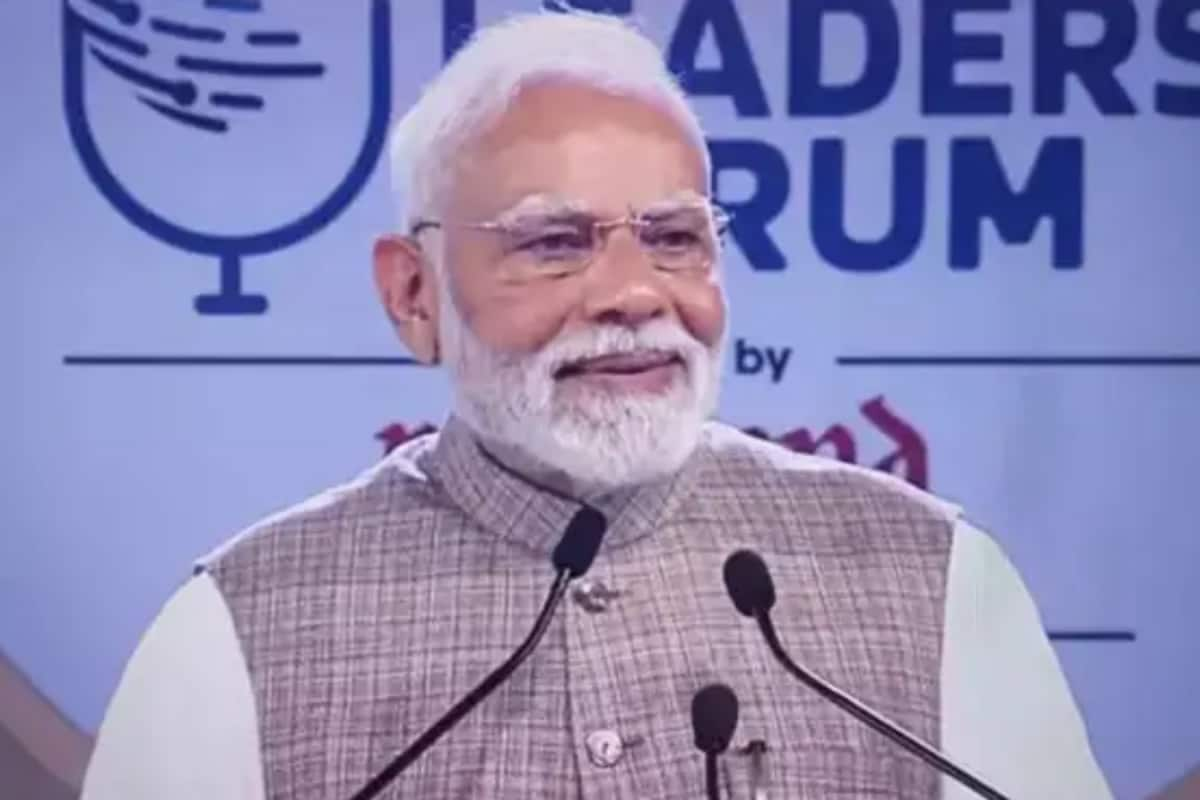

Prime Minister Narendra Modi, in his Independence Day address, has assured the nation that India will not miss the bus in the ongoing global transformation and will, in fact, take the front seat, driven by decisive governance, visionary reforms, and global engagement. As a "Diwali gift" to the citizens, the government is gearing up to introduce the next generation of Goods and Services Tax (GST) reforms, aimed at simplifying the tax structure, easing compliance for MSMEs, and reducing the tax burden on the common man.
The proposed GST reforms are expected to be across three pillars: structural reforms, rate rationalization, and ease of living. Structural reforms will focus on correcting inverted duty structures, resolving classification issues, and ensuring greater rate stability. Rate rationalization may entail a shift to a two-rate GST system from the current five-rate system, with reduced taxes on items used by the common man and aspirational goods. The ease of living pillar will focus on smooth, tech-based, and time-bound registration processes. The government has already sent its proposal on GST rate rationalizations and reforms to the Group of Ministers (GoM) constituted by the GST Council. The GST Council is expected to deliberate on the recommendations of the GoM in its next meeting and strive to implement the bulk of the reforms within this financial year.
These reforms are significant because they target India's biggest consumption season, which is around Diwali. The festive push is expected to reduce the household tax burden and boost demand in sectors like automobiles, FMCG, and consumer durables. According to SBI Research, these reforms may add nearly ₹1.98 lakh crore to consumption. The Prime Minister has emphasized that these reforms will substantially reduce the taxes on items for the common man, benefit MSMEs, and make daily-use items cheaper, thereby strengthening the economy.
Beyond GST, the government is committed to comprehensive reforms across various sectors. These reforms aim to create a conducive environment for business growth, encourage innovation, and promote economic self-reliance. The government has removed over 280 provisions to simplify governance and has undertaken income tax reforms and faceless assessment to make the system transparent and efficient. A task force has been formed for next-generation reforms to evaluate all current laws, rules, and procedures related to economic activities, aiming to reduce compliance costs for startups, MSMEs, and entrepreneurs.
India has become the 4th largest global economy in 2025, driven by domestic reforms and global positioning under the vision of Aatmanirbhar Bharat. India is the world's fastest-growing major economy, with real GDP growing at 6.5% and nominal GDP tripling from ₹106.57 lakh crore (2014–15) to ₹331.03 lakh crore (2024–25). The World Bank projects that India will need to grow by 7.8 percent on average over the next 22 years to achieve the country's aspirations of reaching high-income status by 2047. This requires faster and inclusive growth across states, increased investment and labor force participation, and accelerated productivity growth.
To further boost economic growth, the government is focusing on sectors like agro-processing, manufacturing, hospitality, transportation, and the care economy. It is also working on strengthening financial sector regulations, removing constraints to formal credit for MSMEs, and simplifying foreign direct investment (FDI) policies. The FDI limit for the insurance sector will be raised from 74 to 100 percent.
PM Modi is also pushing for self-reliance in frontier technologies such as semiconductors, nuclear energy, clean energy, and EVs. He has called for a focus on artificial intelligence, quantum computing, robotics, and other advanced technologies. While India has made commendable progress in fintech and has become the world's largest per capita data consumer, it still relies heavily on imports in several high-tech areas.
However, some critics argue that the government needs to address fundamental reforms in the bureaucracy, regulatory bodies, and the judiciary to ensure the success of its deep-tech push. Congress President Mallikarjun Kharge has criticized PM Modi's economic reforms, citing concerns over unemployment and declining wages.